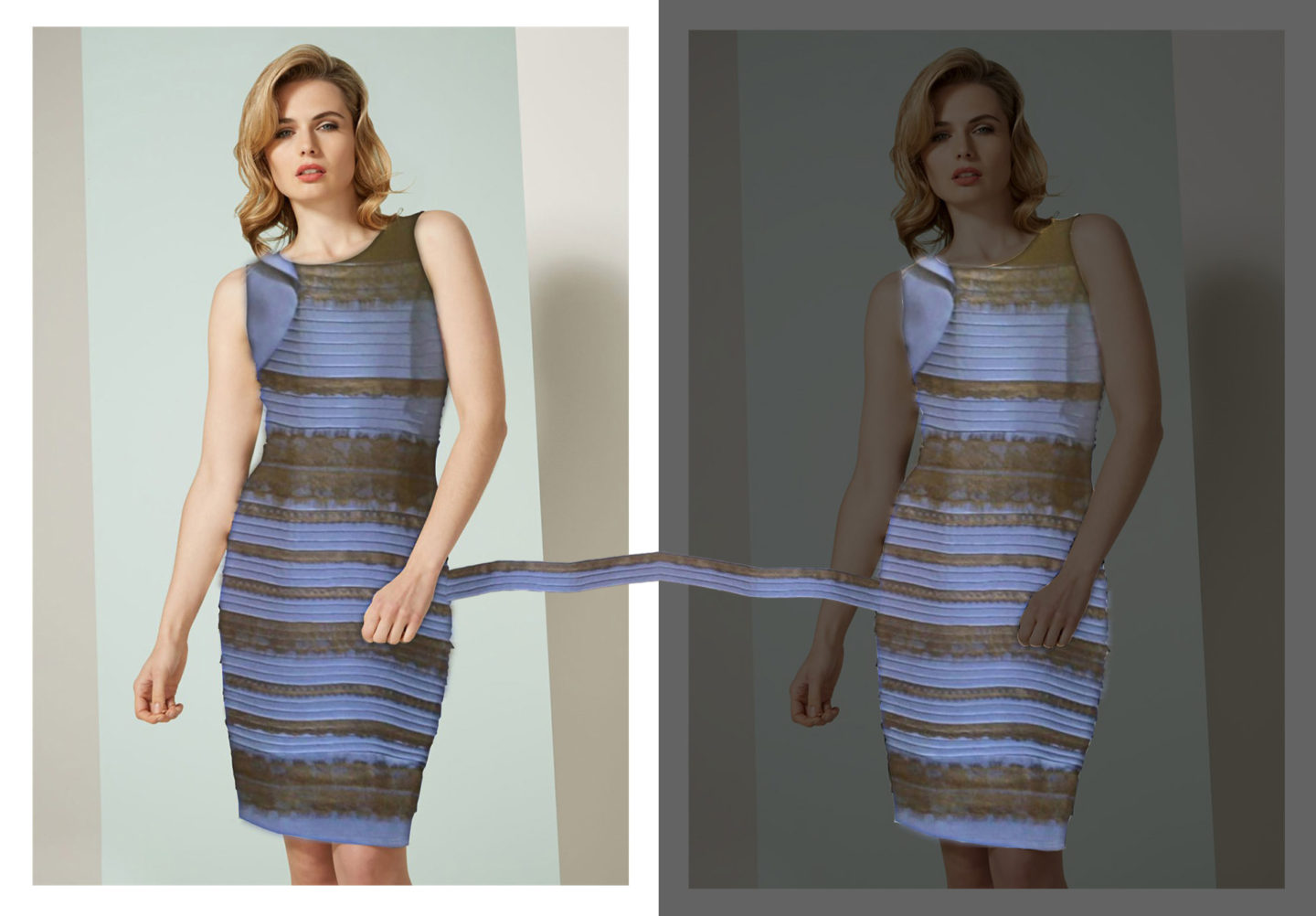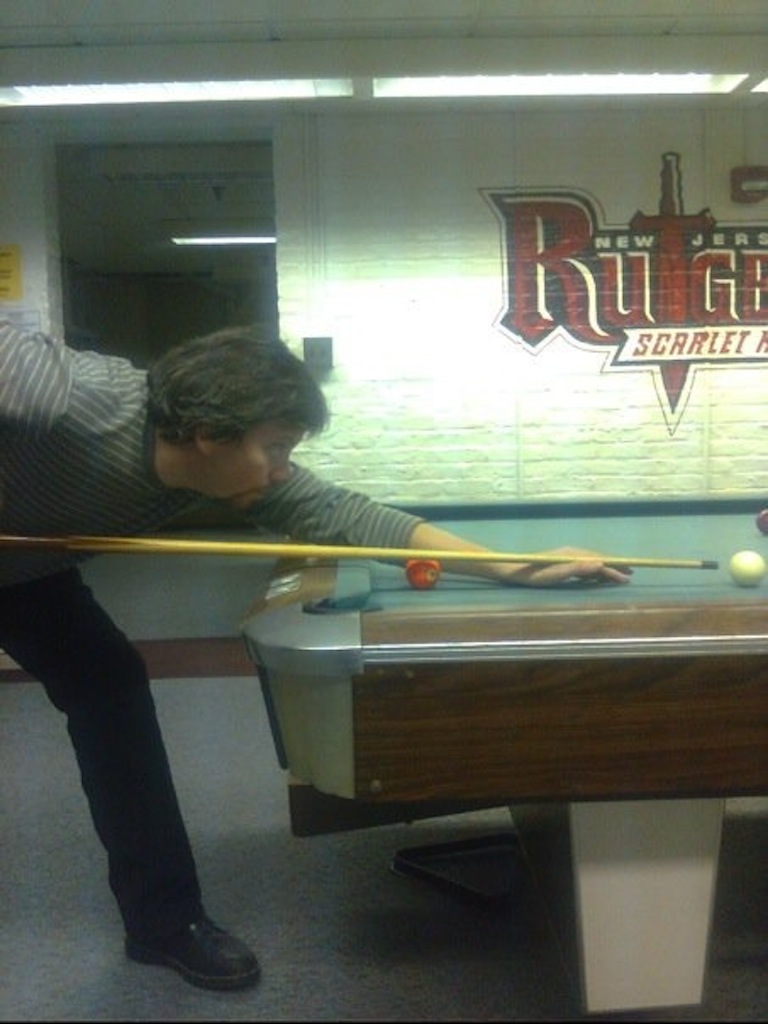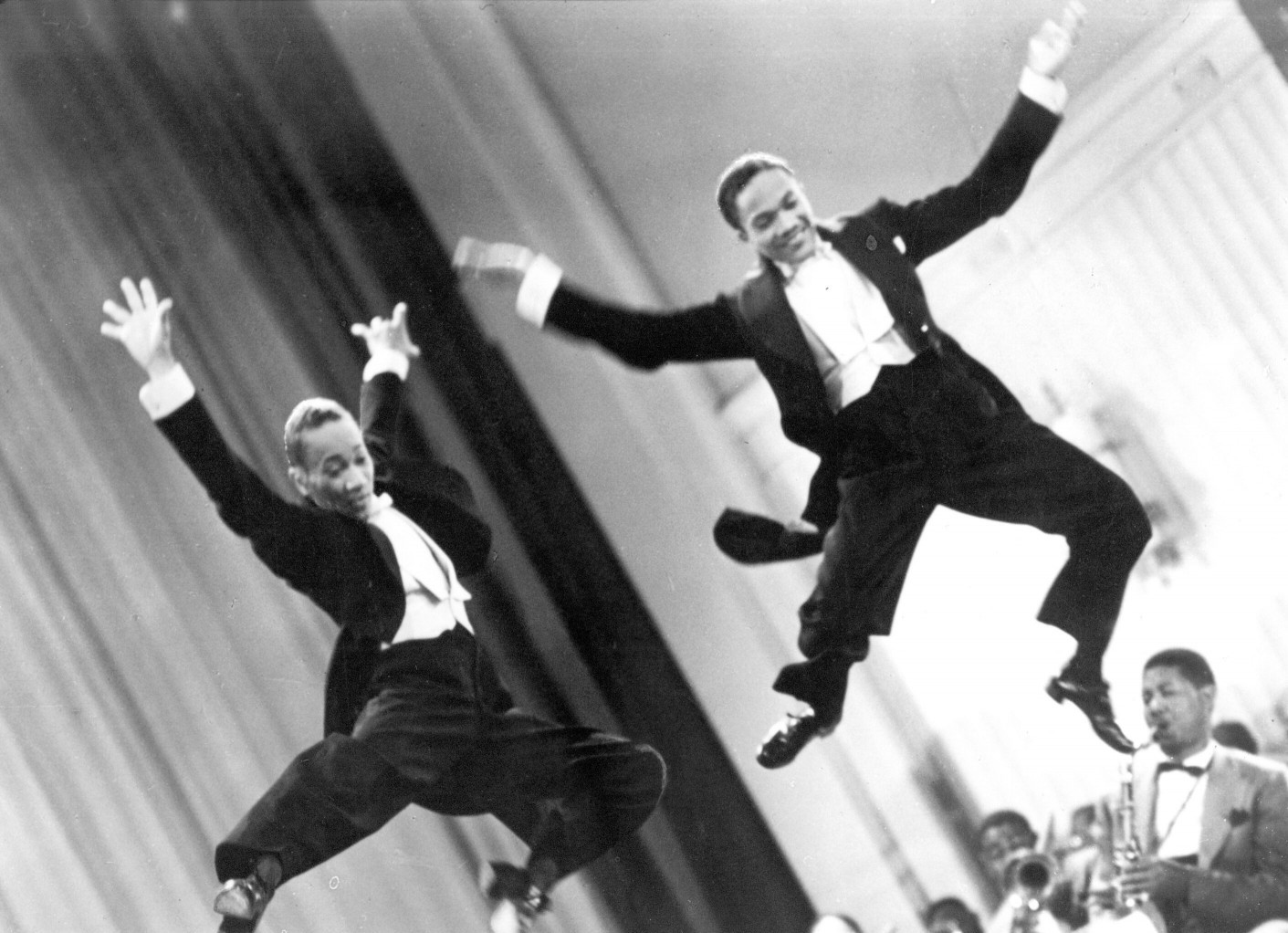Two new journal symposium series at the Brains blog
I am very excited to announce that in addition to the symposia on papers from Mind & Language that we have hosted since 2013, beginning in the coming months the Brains blog will host regular symposia on papers from Ergo and Neuroethics: The Ergo symposia, which will be organized by students in the graduate department …




